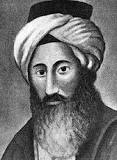 This week my wife Anna and I had the great simcha of naming our new son, Hillel Nechemya, so this week I’d like to share a thought for Shabbat from the book of Nechemya…
This week my wife Anna and I had the great simcha of naming our new son, Hillel Nechemya, so this week I’d like to share a thought for Shabbat from the book of Nechemya…
First I need to paint the setting, so let’s wind back the clock. The year is around 516 BCE, and we are in Babylon, 70 years after the 1st Temple in Jerusalem with all of its miracles and glory had been destroyed and burned to the ground. The Jewish People had been decimated, with vast numbers killed and the remnant hauled off as slaves in Babylon – only a few remained in Israel among the ruins, wallowing in pity and disbelief at the destruction they had witnessed.
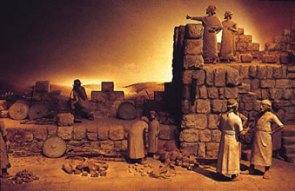 Nechemya, received a prophecy that it was time to rebuild the walls of Jerusalem. After seeking permission from the new king of Persia who had just over run the Babylonian empire, he travelled to a destitute, charred city and began galvanising the locals to start the process of rebuilding.
Nechemya, received a prophecy that it was time to rebuild the walls of Jerusalem. After seeking permission from the new king of Persia who had just over run the Babylonian empire, he travelled to a destitute, charred city and began galvanising the locals to start the process of rebuilding.
After the walls were completed, Nechemya and his fellow prophet Ezra also re dedicated the Temple and gathered the remnant of the people together. Ezra then opened and began to read from the Torah scroll but the people simply fell to the floor and wept inconsolably. The memory of the Jerusalem that used to be was so alive that their sadness completely overcame them.
Ezra and Nechemya speak to the crowd and here is what they say.
“’This day is holy to the Lord your God; mourn not, nor weep.’ For all the people wept, when they heard the words of the Law. Then he said to them: ‘Go your way, eat heartily, and drink the sweet, and send portions to those for whom nothing is prepared; for this day is holy unto our Lord; neither be you grieved; for the joy of the LORD is your strength.”
This is one of the most momentous pep talks ever given and is so profound in its message on pulling oneself out of sadness and despair.
 Number 1. Go eat well and drink sweet drink.
Number 1. Go eat well and drink sweet drink.
With sadness, we lose our appetites, and so our strength wains. Sometimes happiness can be stimulated by outside factors such as what we eat, drink or what we wear. If it’s not happening in its own internally, we can use these external aspects to kick start a new beginning.
Number 2. Give to others.
 I have often found myself wrapped up in my own thoughts and feelings and a small act of doing something for someone else, takes you to a completely different place. Even giving a coin of tzedaka, calling a friend to ask about how they are, cooking someone else a meal… Nechemya teaches that however counter intuitive it may sound, the secret of really feeling alive is to be found in the kindness and time we are prepared to give to others. Cool!
I have often found myself wrapped up in my own thoughts and feelings and a small act of doing something for someone else, takes you to a completely different place. Even giving a coin of tzedaka, calling a friend to ask about how they are, cooking someone else a meal… Nechemya teaches that however counter intuitive it may sound, the secret of really feeling alive is to be found in the kindness and time we are prepared to give to others. Cool!
Number 3. Enjoyment in Hashem is your strength.
 O.k this is the religiousy one which is hardest to relate to.. what does it mean? Well I think it means, focus on the blessings you have or that you’ve had and really to try see them, and then trace that thought back to the source of that blessing. It is a comforting feeling and one that connects us to infinity and the source of goodness. I guess we also then realise that we do have someone looking out for us.
O.k this is the religiousy one which is hardest to relate to.. what does it mean? Well I think it means, focus on the blessings you have or that you’ve had and really to try see them, and then trace that thought back to the source of that blessing. It is a comforting feeling and one that connects us to infinity and the source of goodness. I guess we also then realise that we do have someone looking out for us.
What’s really great is that we do all of these things on Shabbat . Great food! We can host others! And we get the chance to focus on the source of all blessing – so in this way, Shabbat comes as a great healer and an opportunity to kick sadness to the kurb and re connect with happiness each week!
I hope our new son can be a true comfort to those around him and we can all enjoy a great Shabbat.
Adam and Anna.

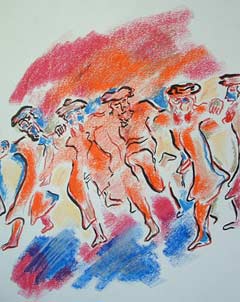

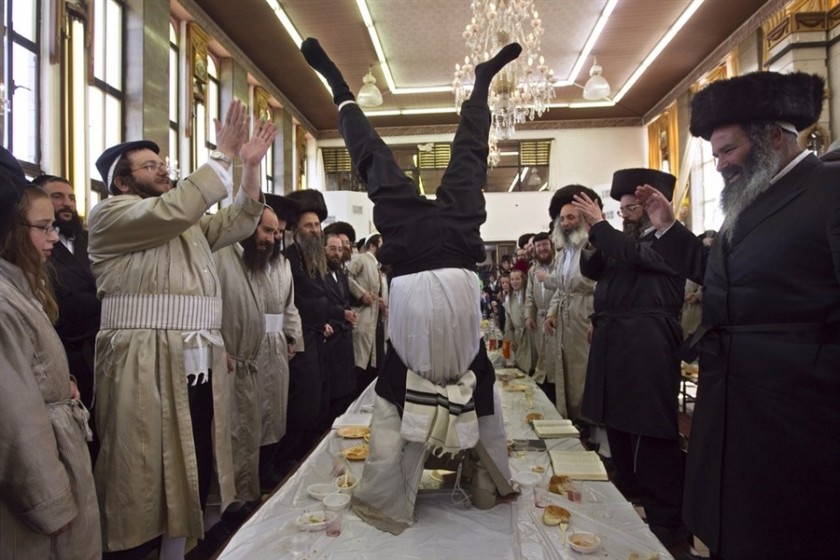


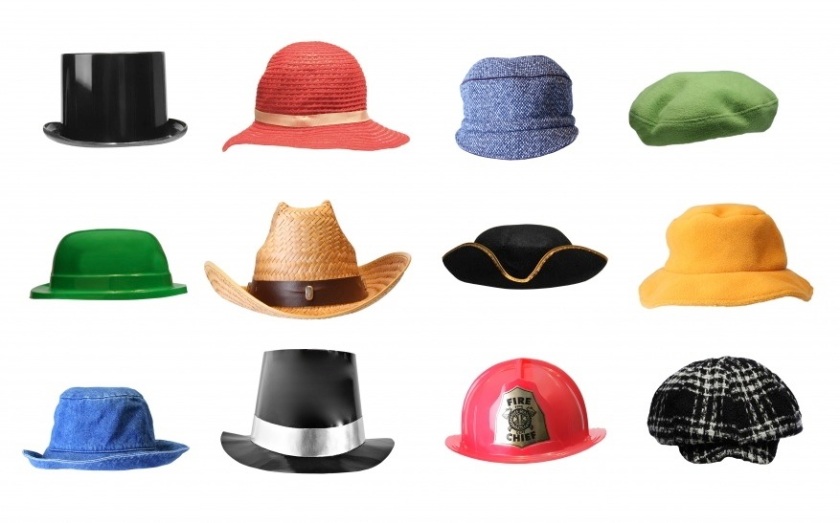
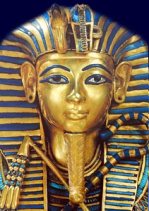
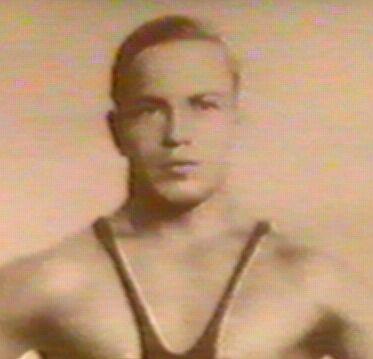
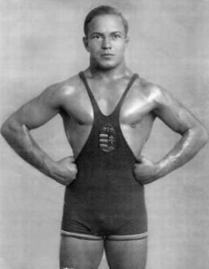
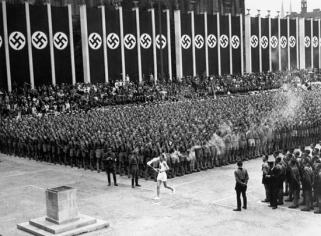 Karoly Kellner, the little Jewish boy from Hungary knew exactly what he was up against in the most physical sport of all in the capital city of anti-Semitism.
Karoly Kellner, the little Jewish boy from Hungary knew exactly what he was up against in the most physical sport of all in the capital city of anti-Semitism.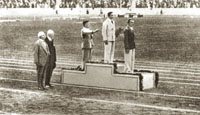
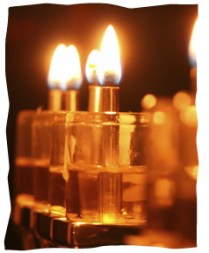
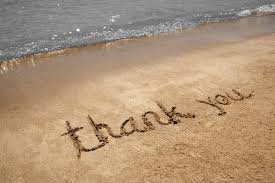
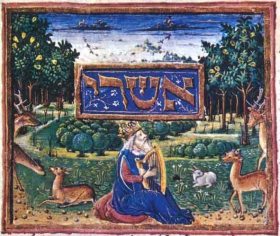

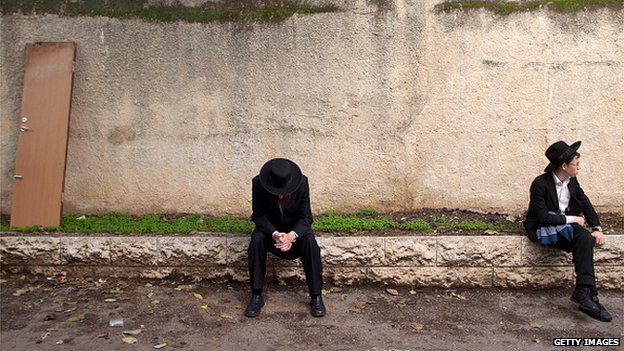

 What’s interesting is that the morning prayers do not end there. They are followed by the uplifting prayer ‘Ashrei’ meaning ‘ Happy’ where we express our delight in being Jews with a connection to G-d, and on some days also a Torah reading as well. We don’t hide from the difficulties of life, we use that energy to push onwards and build greater faith, and at times, we need an increase in spirituality – in the words of Torah – to help us through. This is how we as Jews use this negative energy. We don’t crumble, we seize it, channel it and shine brighter as a result – but it is down to us to do this – If we do not, that same energy will literally deliver a knock out blow which is not the Jewish way.
What’s interesting is that the morning prayers do not end there. They are followed by the uplifting prayer ‘Ashrei’ meaning ‘ Happy’ where we express our delight in being Jews with a connection to G-d, and on some days also a Torah reading as well. We don’t hide from the difficulties of life, we use that energy to push onwards and build greater faith, and at times, we need an increase in spirituality – in the words of Torah – to help us through. This is how we as Jews use this negative energy. We don’t crumble, we seize it, channel it and shine brighter as a result – but it is down to us to do this – If we do not, that same energy will literally deliver a knock out blow which is not the Jewish way.
 with a smile.
with a smile.


